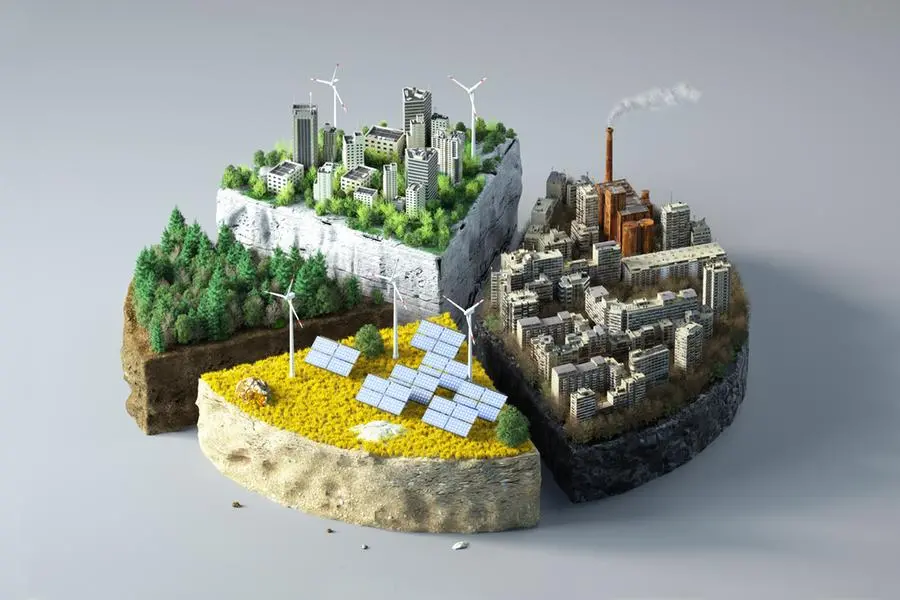PHOTO
Salalah – An initiative in Dhofar aims to plant 45,000 trees by the end of 2024, a move expected to absorb more than 60 tonnes of carbon dioxide annually over the next few years. The project also seeks to enhance groundwater reserves by collecting rainwater and fog throughout the year.
The Green Belt project, implemented by Environment Authority (EA), is part of Oman’s broader national campaign to plant 10mn wild trees.
Ninety per cent of the first phase of the project is now complete.
Mohammed bin Salem Hardan, Director of Nature Conservation Department in Dhofar, stated, “The project began in 2022 and has already seen the planting of over 40,000 local trees. Wild trees play a crucial role in feeding groundwater by collecting fog and rainwater.”
The project covers 39 sites protected by fences, spread across approximately 600,000sqm of mountainous area in Salalah, Mirbat, Taqah and Rakhyut. The focus is on areas impacted by desertification and low vegetation. Wild fig, sagot, tamarind and sidr trees, which are known for adaptability to Dhofar’s climate, are being planted.
Further phases are planned with new sites being developed as the project progresses, informed Hardan.
“This initiative is a key part of Oman’s commitment to achieving zero carbon neutrality by 2050. The project is expected to make a significant contribution by absorbing carbon dioxide and increasing groundwater reserves.”
In addition to the Green Belt project, EA has been working on protecting perennial trees in Dhofar since 2022. The authority has established 107 protective fences in various wilayats, including Salalah, Taqah, Mirbat, Rakhyut, Dhalkut and Thumrait. These fences help preserve trees threatened by overgrazing, bark peeling and use as firewood, ensuring the survival of species that are vital to the ecosystem and contribute to seed nurseries.
Hatem bin Salem al Mahri, Head of Natural Reserves Department, highlighted ongoing plans to create parks for wild trees in Dhofar. Notable among these is the Frankincense Tree Park in Raysut’s Mudam area, which currently has 2,350 trees with plans to expand to 11,000. Additional parks are being developed for baobab trees in Mirbat and myrrh trees in Thumrait.
© Apex Press and Publishing Provided by SyndiGate Media Inc. (Syndigate.info).





















